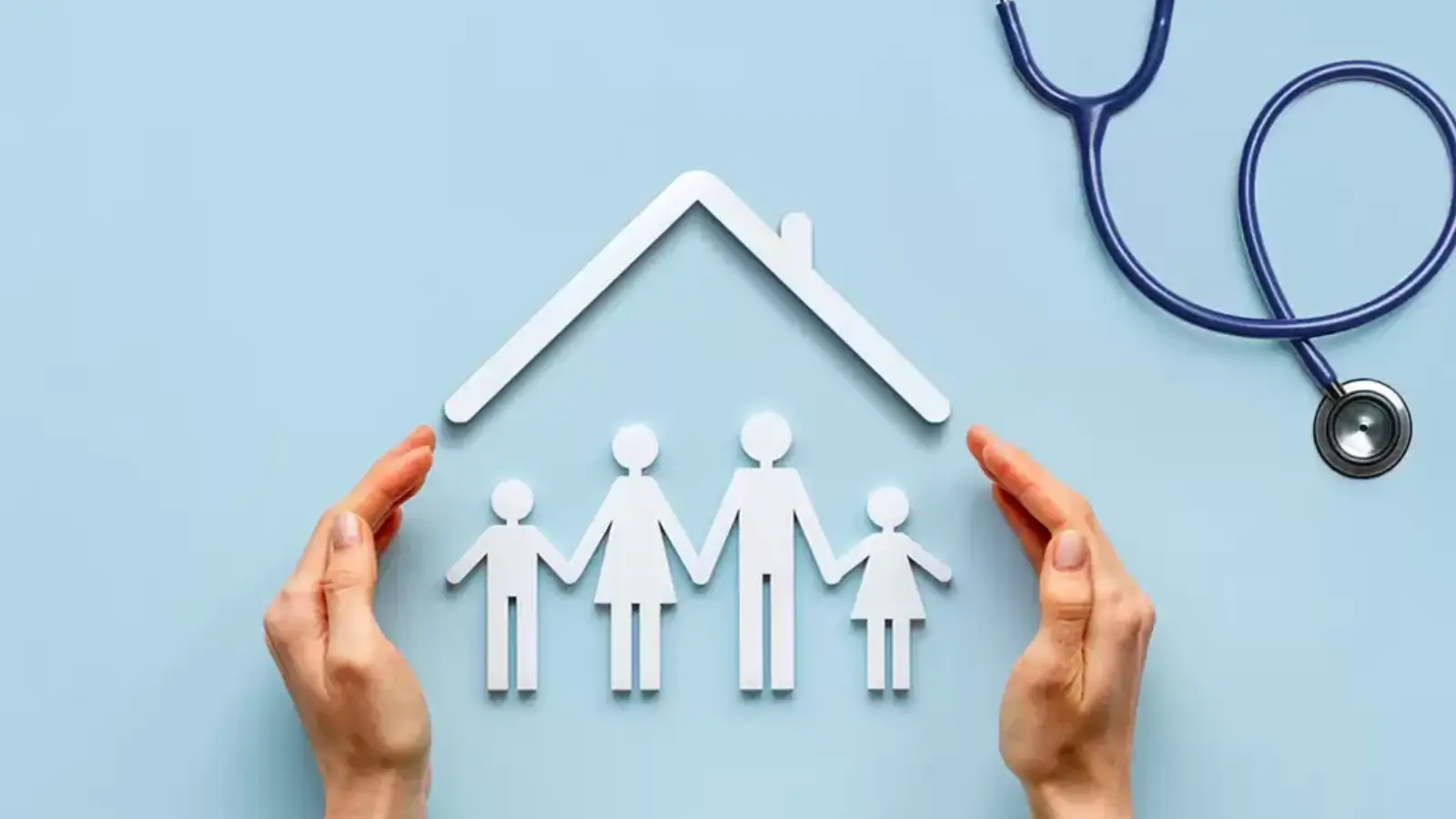Generalized Anxiety Disorder is an anxiety disorder that manifests through excessive, uncontrollable worry over different things in life, including work, health, social relationships, and other mundane tasks. GAD can lead to many physical symptoms like muscle tension, restlessness, fatigue, and lack of concentration.
There are several ways to control and treat GAD, allowing individuals to gain mastery over their emotions and, consequently, improve their quality of life. In this article, we will discuss some of the most commonly known treatments for this disease.
1. Cognitive Behavioral Therapy (CBT)
Cognitive Behavioral Therapy is among the best-established and most effective psychotherapies to treat GAD. CBT treats the condition by helping people recognize negative thought patterns or behaviors that cause them to be anxious, replacing those with more constructive ways of thinking and coping mechanisms for stress and worries.
In CBT, patients work with a therapist to understand the triggers of their anxiety and learn how to manage them through practical techniques. A person can alter their way of thinking and find a reduction in his levels of anxiety with an enhanced resilience to tackle uncertainty in life. For someone requiring professional attention, Generalized Anxiety Disorder Treatment with the help of CBT is quite recommended and potent.
2. Mindfulness and Meditation
Mindfulness practices and meditation techniques may offer much to persons with GAD. The techniques focus on living in the present without judgment, reducing the cycle of worry associated with the future. Mindfulness involves paying attention to thoughts and feelings as they arise, without becoming overwhelmed or consumed by them.
Frequent meditation could calm a person, helping the person not get as worked up. The simple practice of deep breathing and scanning one's body as well as guided meditation helps relax muscles, promoting inner calmness. Incorporating tools like Flewd into your mindfulness routine can further support stress relief and help establish a more consistent practice.
3. Physical Activity and Exercise
Exercise is also a very important component in dealing with anxiety. It has been found to reduce the levels of stress hormones and increase the levels of neurotransmitters like serotonin, which can improve the overall physical condition of a person. Regular exercise such as walking, swimming, running, or even yoga can give a feeling of well-being and is also a natural tension-relieving exercise.
Exercise is not only for the body, but it also has a role in emotional balancing. Research has shown that moderate exercise, which may be just 30 minutes of walking several times a week, reduces symptoms of anxiety significantly.
4. Medication
Some patients with GAD may also be treated using pharmacotherapy as a part of the treatment process. Four classes of medication are widely accepted as primary treatments for anxiety disorders. These include:
-
Selective Serotonin Reuptake Inhibitors (SSRIs): The drugs enhance serotonin concentration in the brain, thereby leading to mood enhancement and diminished anxiety.
-
Serotonin-Norepinephrine Reuptake Inhibitors (SNRIs): These medications work by raising the concentration of both serotonin and norepinephrine chemicals responsible for mood regulation.
-
Benzodiazepines (short-term use): Benzodiazepines are prescribed only for short-term relief for extremely anxious patients. Generally, they must not be used in the long term because of their known side effects.
Usually, a doctor or mental health professional will only prescribe medication with the use of therapy, and he or she will decide what medication the patient needs on the basis of the symptoms of the individual.
5. Support Groups and Social Support
Support is a fundamental need for anyone with GAD. Support groups provide a protected space where patients can share experiences, gain insight from others, and receive emotional support. Discussions with others going through similar struggles help reduce the feeling of loneliness and give the person reassurance.
Other helpful ways to manage anxiety include connecting with supportive friends and family members who can listen, provide encouragement, and help ease the emotional pressure caused by excessive worrying.
6. Lifestyle Modifications
Other than the specific treatment, lifestyle adjustments can also greatly influence the control of GAD. For instance, good sleep hygiene can make a huge difference in reducing anxiety. Lack of sleep or low-quality sleep aggravates symptoms of anxiety, so maintaining a regular sleep schedule and establishing a restful environment is of great importance.
Another useful strategy is limiting the intake of caffeine as it can promote feelings of restlessness and anxiety. A healthy diet comprising many whole foods and adequate hydration also fosters mental well-being by delivering nutrients that assist in stress reduction. Additionally, supplements like tongkat ali supplement amazon may help support balance and resilience against daily stressors.
7. Relaxation Techniques
These would include relaxation techniques like progressive muscle relaxation and deep breathing. Techniques like these, where one progressively relaxes his or her various muscle groups of the body, reduce the tension and rapid heartbeat that are typically associated with symptoms of anxiety.
Breathing exercises may be diaphragmatic breathing or box breathing to help maintain the nervous system and calm the mind. These practices are simple and effective, helping people conquer anxiety and regain their balance when the moment calls for it.
FAQs
1. Can lifestyle changes help with Generalized Anxiety Disorder?
Yes, incorporating healthy habits like regular exercise, adequate sleep, and a balanced diet can significantly reduce anxiety symptoms.
2. How long does it take to see improvements with CBT?
Improvements can often be seen within a few weeks, but full benefits typically emerge over a few months with consistent therapy.
3. Are medications always necessary for treating GAD?
Not always. Medication can be helpful for some individuals, but many people manage GAD effectively with therapy and lifestyle changes alone.
Conclusion
It's pretty overwhelming that one can manage to live through anxiety symptoms, given that Generalized Anxiety Disorder treatment has many alternative treatment options and avenues for controlling such disorders. There is Cognitive Behavioral Therapy, mindfulness and meditation, exercise, medicine, social support, changes in lifestyle, and techniques for relaxation; and the appropriate strategy is whatever is best for that individual to that unique experience that every individual has concerning anxiety.
One needs to consult with a healthcare provider or mental health professional for appropriate advice on how to go about it. However, with proper handling, GAD patients can get their condition in control and have a rich life.














